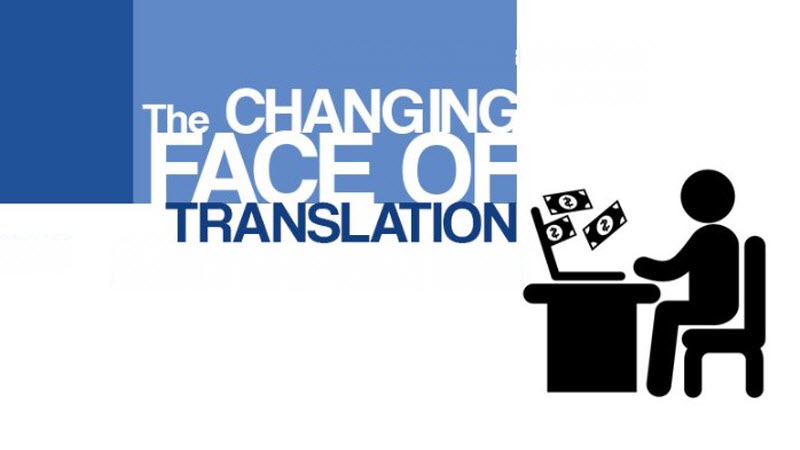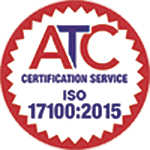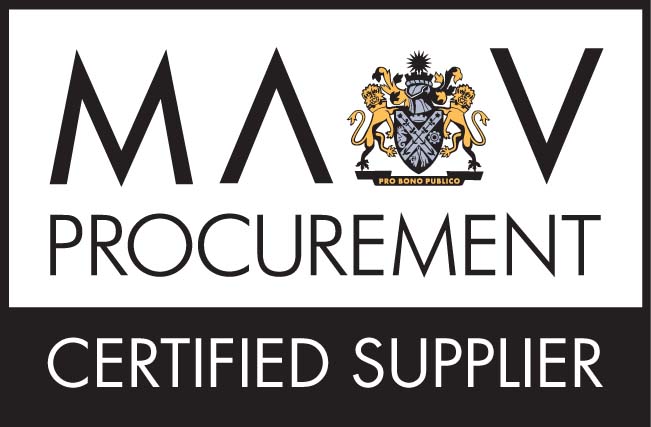Quick Quote
Archives
- November 2023
- October 2023
- September 2023
- August 2023
- July 2023
- June 2023
- May 2023
- April 2023
- March 2023
- February 2023
- January 2023
- December 2022
- November 2022
- October 2022
- September 2022
- August 2022
- July 2022
- June 2022
- May 2022
- April 2022
- March 2022
- February 2022
- January 2022
- December 2021
- November 2021
- October 2021
- September 2021
- July 2021
- June 2021
- April 2021
- March 2021
- February 2021
- December 2020
- October 2020
- August 2020
- July 2020
- June 2020
- May 2020
- April 2020
- March 2020
- February 2020
- January 2020
- November 2019
- October 2019
- September 2019
- August 2019
- July 2019
- June 2019
- May 2019
- April 2019
- March 2019
- February 2019
- January 2019
- December 2018
- November 2018
- October 2018
- September 2018
- August 2018
- July 2018
- June 2018
- May 2018
- April 2018
- March 2018
- February 2018
- January 2018
- December 2017
- November 2017
- October 2017
- September 2017
- August 2017
- July 2017
- June 2017
- May 2017
- April 2017
- March 2017
- February 2017
- January 2017
- December 2016
- November 2016
- October 2016
- September 2016
- August 2016
- July 2016
- June 2016
- May 2016
- April 2016
- March 2016
- February 2016
- January 2016
- December 2015
- November 2015
- October 2015
- September 2015
- August 2015
- July 2015
- June 2015
- May 2015
- April 2015
- March 2015
- February 2015
- January 2015
- December 2014
- November 2014
- October 2014
- August 2014
- July 2014
- June 2014
The Changing Face of Translation Today
Today it is a new ball game altogether, as possessing good professional translation skills, offering reasonable rates and sticking to deadlines is simply not good enough to guarantee a steady income in the profession. In fact, when it comes to translating English into another language many businesses in particular don’t even believe they need to translate into any other language. They think that virtually everyone has a reasonable knowledge of English. Of course, this does not mean no one ever needs to get any translations at all. When they do, they simply ask around their employees to see if there is anyone competent in a particular language. If someone volunteers, then that saves the business both time and money. Apart from these problems with modern day professional translation requirements, translators who do manage to secure some work need to do a little more than simply work on translations. They need to keep themselves up-to-date with current translation techniques. In particular, the way language is used in different contexts. This means compiling such things as glossaries of current language usage in their pair of languages. The next thing of prime concern is computer literacy. You have to be aware not only of translation techniques that have been computerised, such as machine translations, but you also have to relate them to specific industries that you feel comfortable working in. You should be able to explain to a client why their translating requirements don’t necessarily work well with machine translation techniques and that the only way you can guarantee a good translation that will be useful and effective is by putting the necessary time into the translation project. A translator’s favourite topic these days appears to be educating potential clients on the importance of undertaking a perfect translation and the time it takes to complete. It is not simply the question of feeding the text into a translator machine and it regurgitates the perfect translation. There is far more to a quality translation performed by a professional translator than that. Many businesses in particular prefer to limit their budget on translating projects while sacrificing quality.
Post navigation
← Previous Next →Comments are closed.







